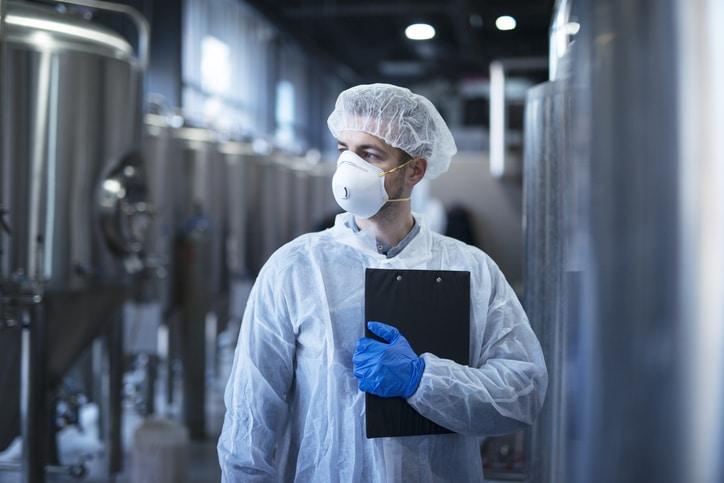
When attaining an education in pharmaceutical quality training, you’ll become well-versed in the principles of quality control and quality assurance. These are principles that guide the pharmaceuticals industry in ensuring that all products are developed, manufactured, and sold in a safe and effective manner. Whether you work in a laboratory or reviewing documents, you’ll be part of a necessary system of making sure the drugs consumers use do not cause them harm.
Good Manufacturing Practices, or GMP, is one part of quality assurance. Governing pharmaceutical as well as radiopharmaceutical, biological, and veterinary drugs, GMPs ensure that these substances are consistently produced and controlled. Read on to learn more about the importance of these practices.
GMPs and the Canadian Pharmaceuticals Industry
All professionals who work with pharmaceuticals in any capacity are responsible for adhering to GMP guidelines. This includes:
- Fabricators
- Packagers and labellers
- Testers
- Distributors
- Wholesalers
- Importers
In Canada, GMP standards are created to harmonize with those set out by various international bodies, including the World Health Organization. Any business that’s legally governed by the Food and Drug Regulations portion on GMP Regulations needs to meet the requirements for safe and effective manufacturing.

GMP ensure that products are manufactured in a consistent, safe way
Professionals in pharmaceutical quality training know the importance of businesses having a thorough pharmaceutical quality management system. Such a system should incorporate not only quality control principles, but also GMPs and risk management. Every aspect of these systems needs to be fully documented in a detailed manner, and these systems must be properly resourced to ensure effective adherence to regulations.
The Place of GMPs Within Pharmaceutical Quality Training
Good Manufacturing Practices should be conceptualized by students in a pharmaceutical quality assurance program as a constituent part of quality assurance as a whole. Therefore, it is just as important as other aspects of pharmaceutical quality assurance.

GMP in Canada is governed by the Food and Drug Regulations
In Canada, GMP is regulated by Division 2 of the Food and Drug Regulations. Set out by Health Canada to ensure the safety of pharmaceutical manufacturing practices, this document lays out important rules relevant to materials, location, equipment, and personnel. Some central themes are:
- Locations in which drugs are made, packaged, labelled, or stored need to be clean, sanitary, orderly, and prevent contamination
- All equipment used needs to be clean, functional, and prevent contamination
- All involved personnel need to be properly trained, with hygienic behaviour and clothing
- All batches of raw materials need to be tested before being used
- All batches of drugs need to be tested
Importantly, these regulations establish that GMP apply to all drug product lifecycle stages. This means they’re not only necessary to follow during the production stage, but every stage from the manufacturing of investigational drugs to the discontinuation of the product.
Why GMPs Are So Important
GMP are necessary for a variety of reasons, from avoiding potential health hazards to ensuring that funds aren’t wasted on costly recalls. GMP prevent errors that can’t be eliminated through quality control once the product is finished. Think of them as preventative, rather than reactive, measures.

Proper implementation of GMP can guard against quality failure
Without GMP, it would be impossible to ensure that every unit of pharmaceutical products is of the same quality as the batch tested. It ensures consistency in the development and sale of products. It can avoid the most common causes of quality failure, including:
- Contamination of pharmaceuticals
- Incorrect packaging or labels
- Insufficient or excessive ingredients
Do you want to start working towards a Pharmaceutical Quality Assurance diploma?
Contact the Academy of Applied Pharmaceutical Sciences for more details!



